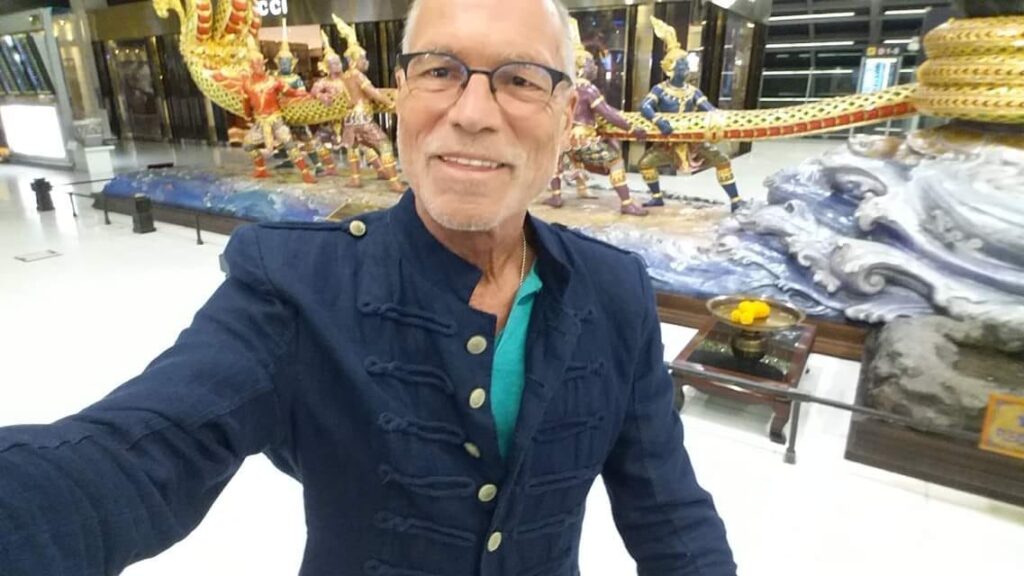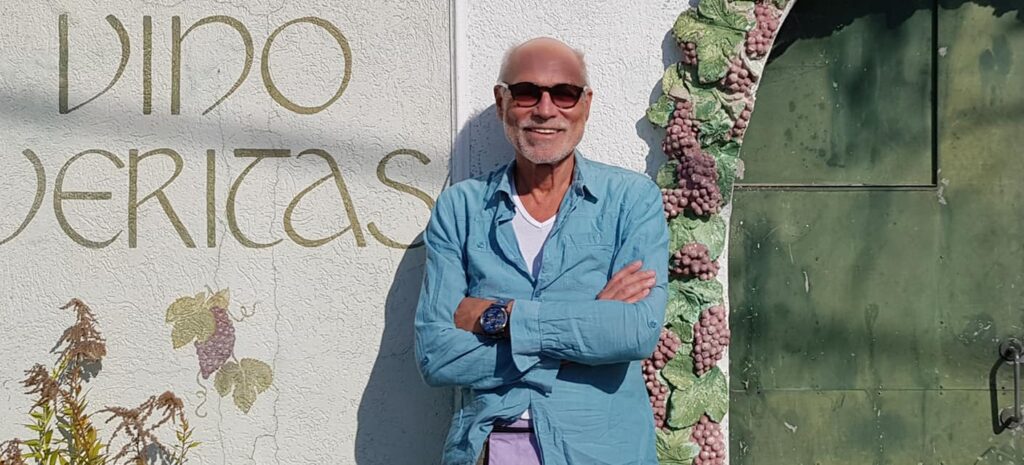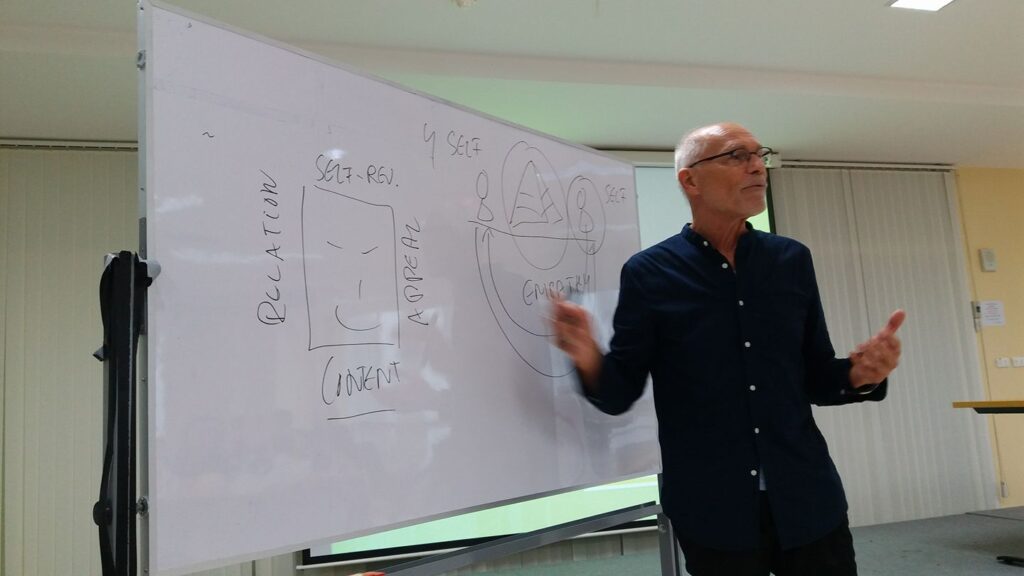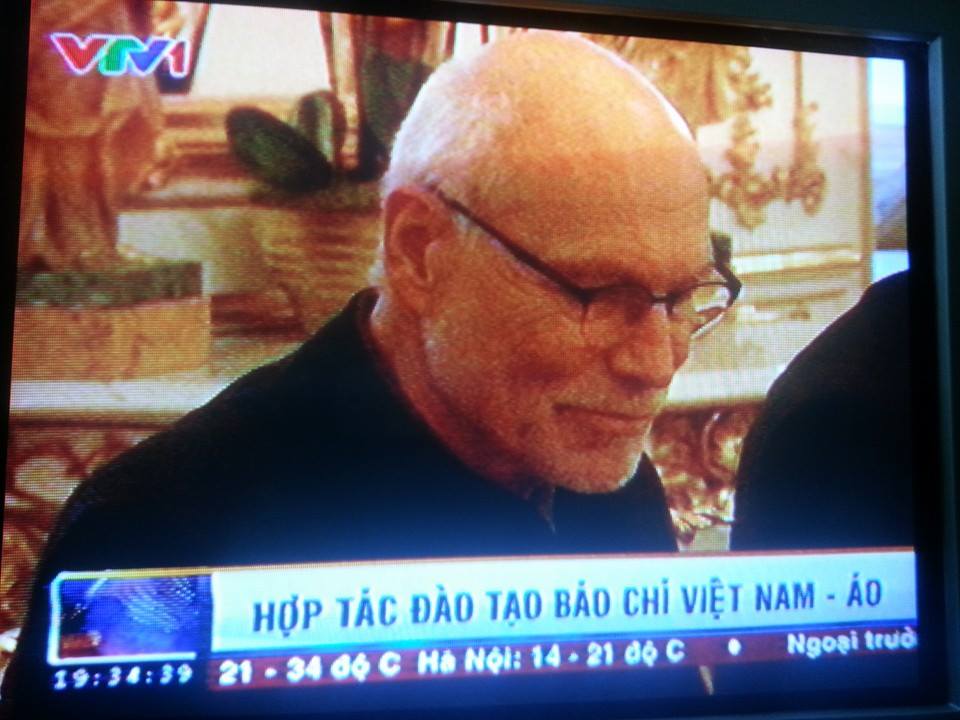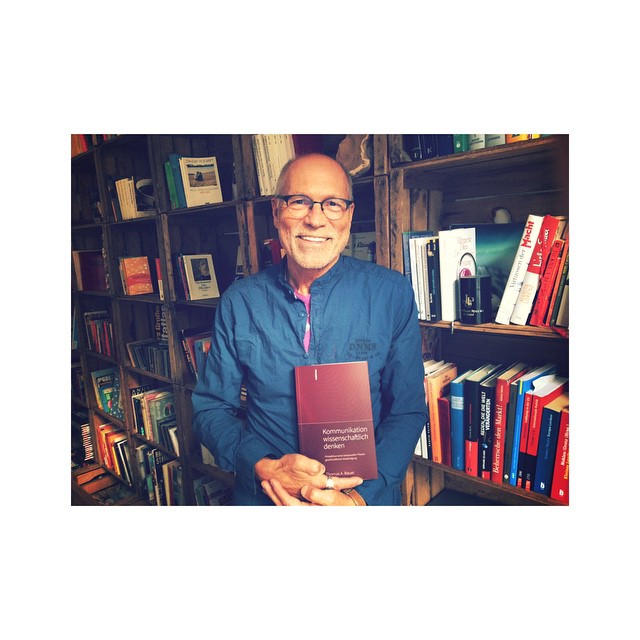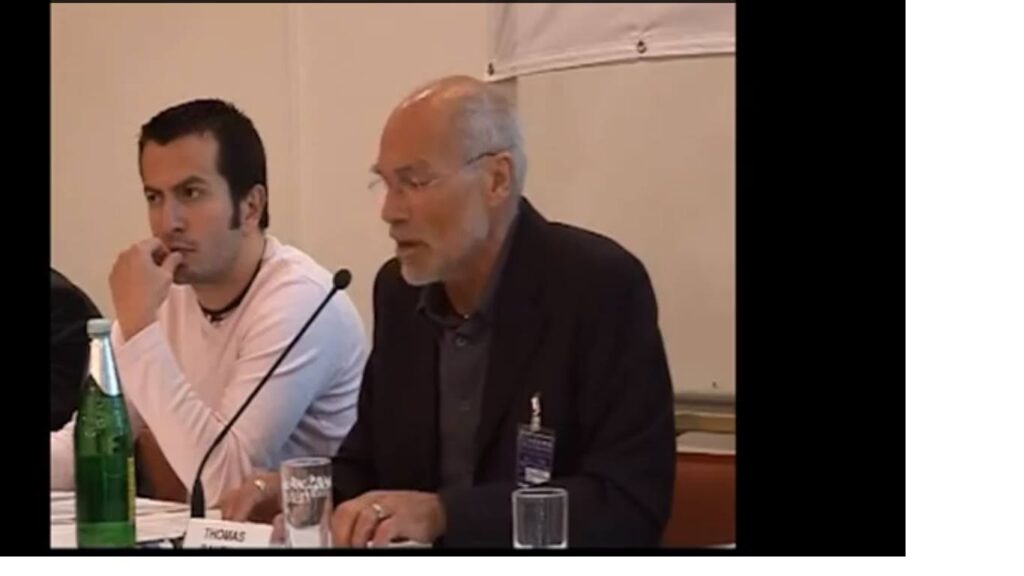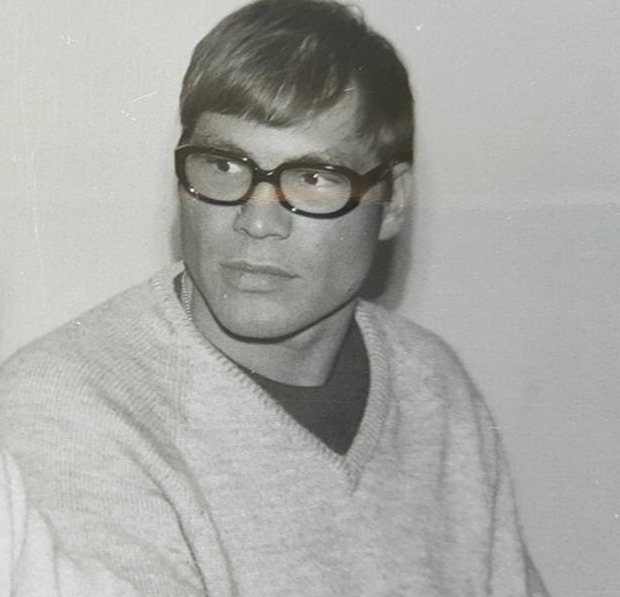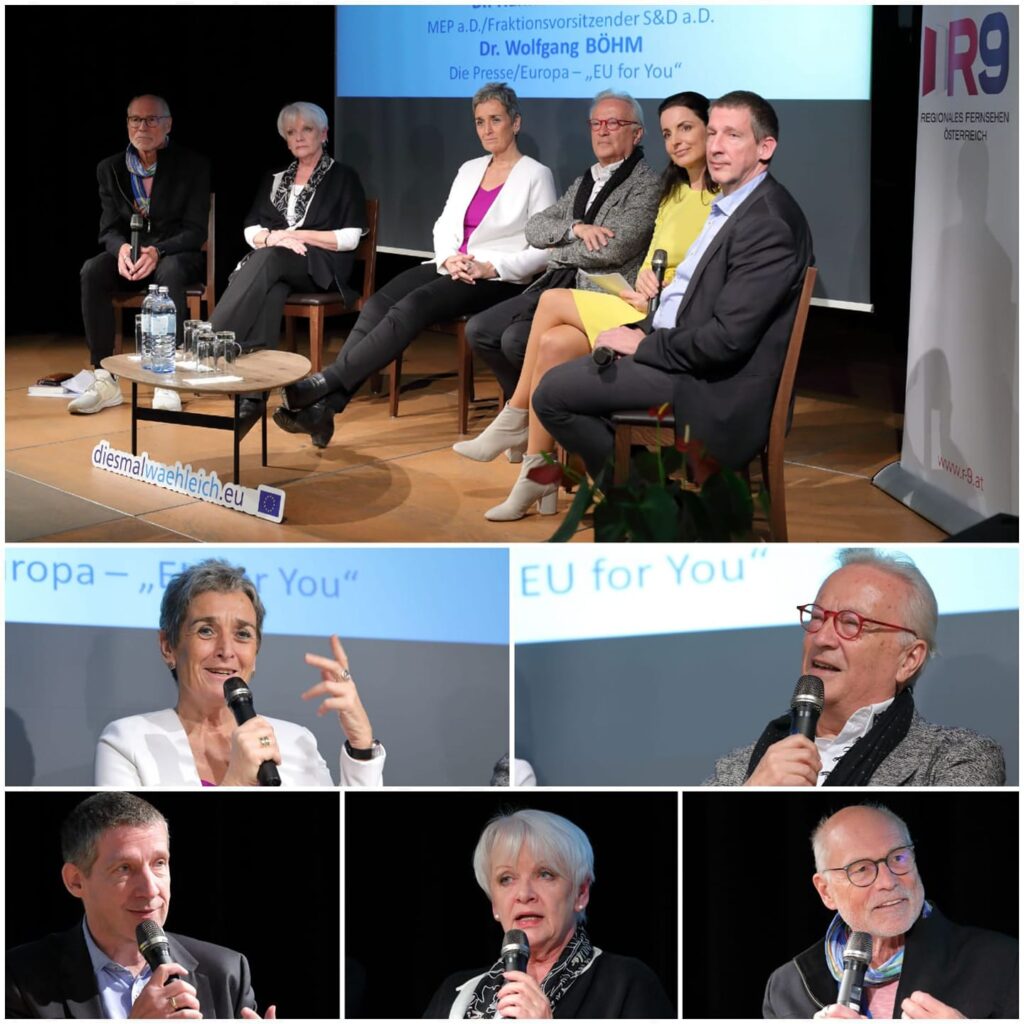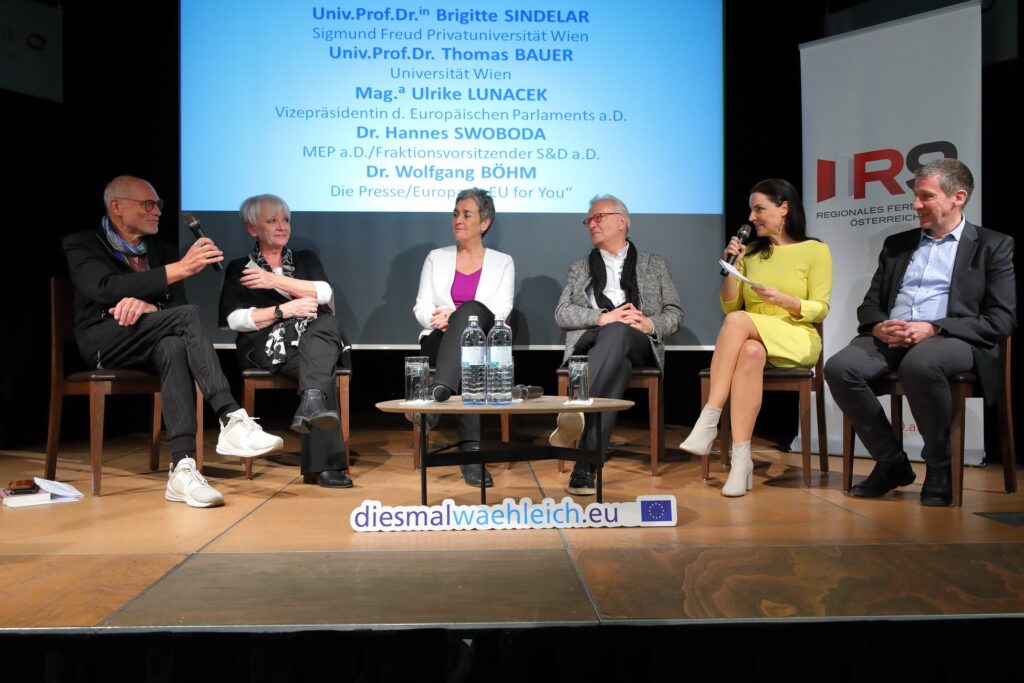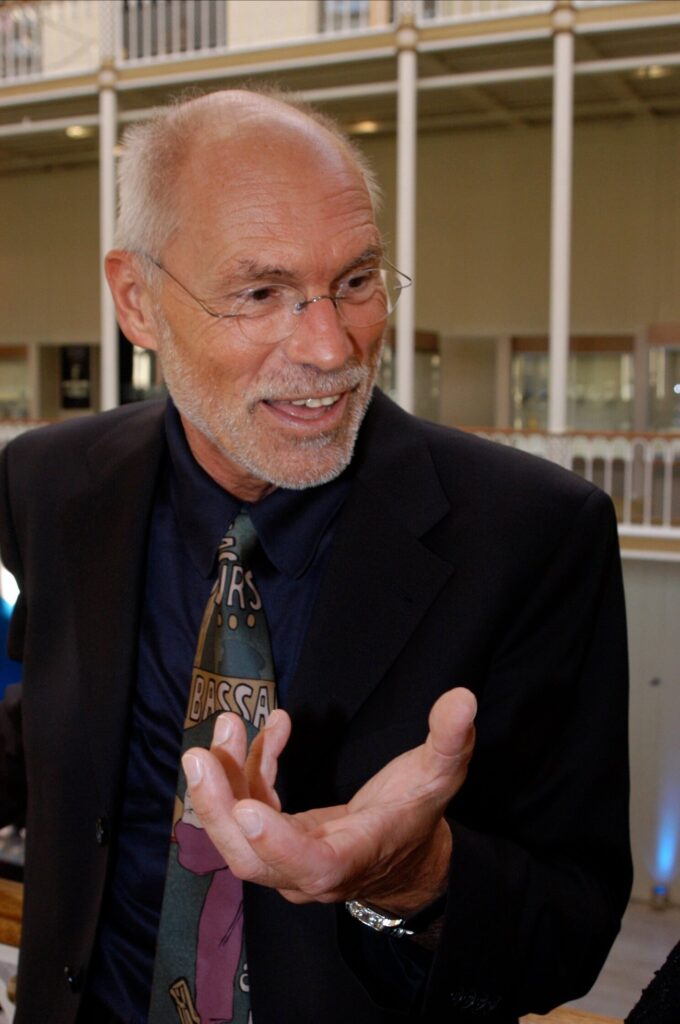
Thomas A. Bauer
Born in 1945, Diessen/Ammersee. After completing the studies in Philosophy and Theology at several German universities (1971), he completed the studies in Communication and Media Studies as well as in Cultural Sociology as Dr. phil at the University of Salzburg (1973), followed by a Diploma in Group Dynamics, Media- and Communication Training at the “Internationale Arbeitsgemeinschaft für Kommuniation und Medien” [International Working Group for Communication and Media] (Graz, Zürich, Amsterdam) in 1976. Working as an external lecturer at several Austrian universities and publishing a three-volume book on Media Education, in 1980 he received the academic certification of teaching and research (habilitation) at the University of Salzburg. In 1993 he accepted the appointment for a chair-holding professorship at the University of Vienna, in the status of Prof. emeritus since 2013.
Since 2013 Professor emeritus at the Department of Communication at the University of Vienna, starting employment there in 1993 as Chair of Audio-visual Media and over the years developing a working program in Media Culture, Media Literacy Studies, and Media Theory. Additional fields of research and teaching so far are: Future Studies, Environmental Communication, Health Communication, Transcultural Dialogue of Religions, Cultural Studies, Migration, Minorities and Social Change Issues. In addition to theoretical work he is engaged in maintaining a critically reflexive interrelation between theoretical analysis and innovative practice. This has been the reason for co-founding OKTO Community TV Vienna in 2005 as a model of alternative media-work as well as other projects in the field of media magazines.
Among other functions he has been the the publisher of OKTO Community TV Vienna, now Honorary President, and since 2010 the acting president of the ESEC (the European Society for Education and Communication). His academic work always has been oriented to international relations. Based on this interest, he accepted several invitations as a visiting professor at universities in different countries of Asia, Latin America, the USA, and the Balkans. Since 2015 he has been the scientific coordinator of a Media Literacy Program, co-founded by the EU, realized with academic partners from Malaysia, Thailand, Vietnam, Netherlands and Germany.
Among many books and articles on media literacy, media theory, transcultural communication, his last comprehensive book was published in 2014 as a theoretical framework of cultural studies of societal communication and its relation to media literacy and social change: “Kommunikation wissenschaftlich denken” – [Thinking Communication Scientifically. After that, books and articles on the Mediology of Teaching and Learning have been brought to publication.
Please tell us a little more about childhood.
I was born in the last days of WW2 in January 1945 while my mother has been housed at a women’s camp in Bavaria. She was mentally disabled and for that, but also for the reason that she was allied to a man without job or home she was not the human to which the Nazi regime administration has set value. Anyway, I was born there under unfriendly conditions, but luckily the end of the war brought her back to her home in Linz, Austria. From there I was moved to an orphanage in Upper- Austria, where I have been until I was 8. By the enforcement of a lady working at the youth-welfare administration I was moved to foster parents, where I lived for 2 years ending there the primary school.
This is a very hard post-war childhood. How you managed to finish the schools under so hard conditions?
I did everything to have the chance to visit the Highschool. I was so keen to study. Though there have been some difficulties about my status, I could crab the chance and did the first 4 years of the high school in a school, managed by a congregation of catholic priests, and the next four years I could visit a public school, but living in an Internat of the same congregation. At that time those schools also have been run in order to direct young people to the priesthood.
And your university-period?
By many ups and downs and Yes’ and No’s finally I joined that congregation aiming to become a priest. So I studied philosophy and theology, again in Bavaria, but left that congregation after 6 years, concluding my studies, went to Salzburg to study sociology, communication and media studies, finishing those studies with a doctorate at the University of Salzburg.
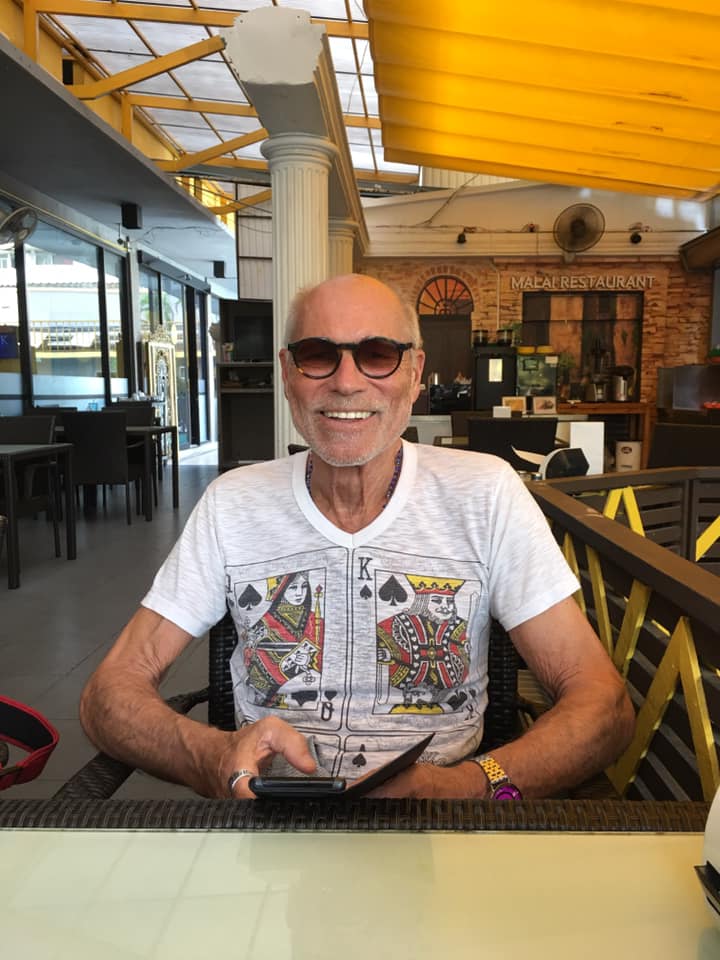
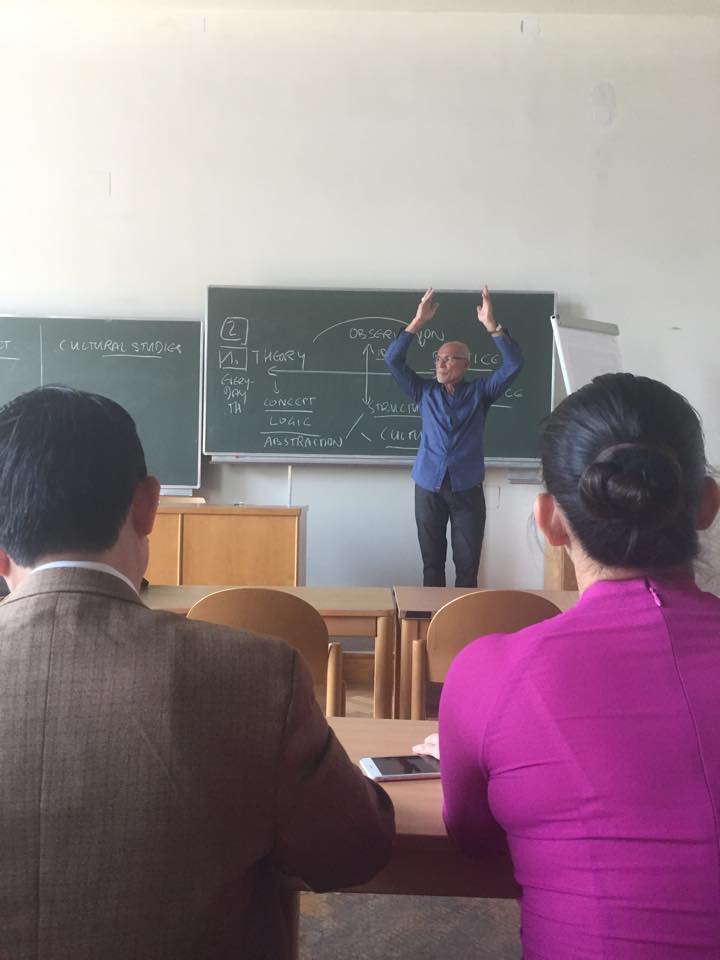
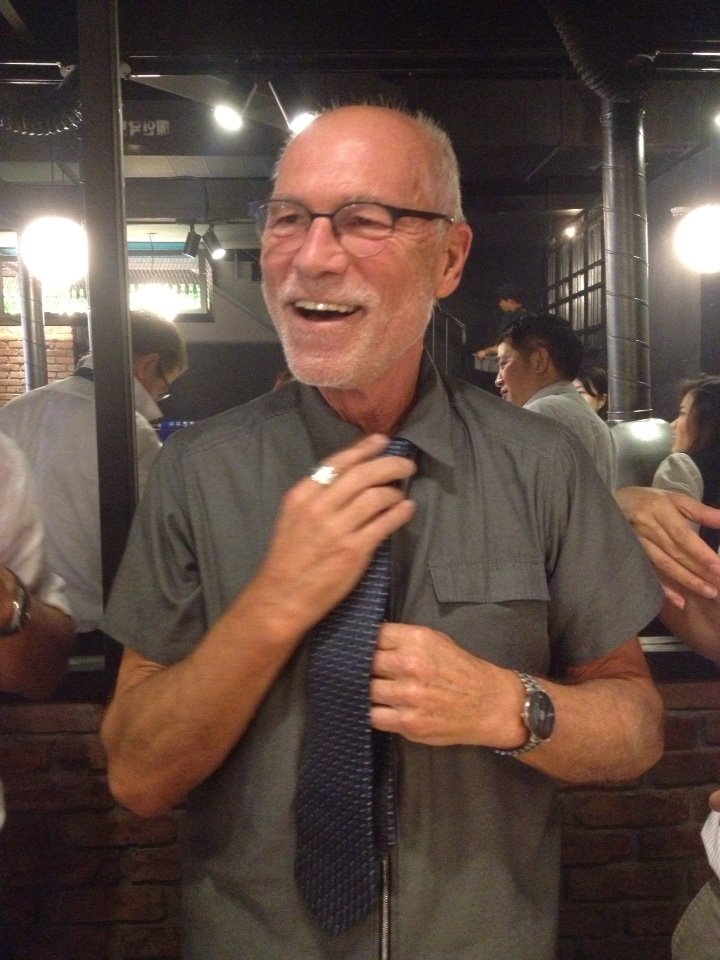
Your first job and how you became a professor?
Then I worked as a free lance lecturer at several universities in Austria, as well as a communication trainer and media consultant for almost 18 years, coaching private companies and public organizations and institutions. Beside that I. Always have worked in science, especially in the field of Media Literacy, So I became somehow the first academic professionalized scientist and teacher in media literacy in Austria, graduated 1980 by the license of academic teaching (habilitation ) by the faculty y of philosophy of University of Salzburg.
That was the basis for being appointed as a university professor for communication with focus on journalism of audiovisual media by the decree of the minister for science and education that time, vice chancellor Erhard Busek.
As a Professor of the Department of Communication at University of Vienna, starting from 1993 until 2013 I was very much engaged in deepening the theoretical reflection on journalism and general media education on the one hand, and in introducing opportunities of media practice within the academic structures in order to rise the mental and the practical sensibility for the usability, the aesthetics and ethics of media-based public communication – in the fields of politics, environment, education, trans-cultural communication, inter-religious dialogue and civil society.
That interest made me founding an university media system, was called U-TV and U-Ton, timely accorded with new media law in Austria opening – comparatively quite late (1994) – the right for private media activities. Later, and in connection to other activists in civil society and arts, out of that OKTO Community TV was born, the first TV program in Austria taking care of the media-communication interests off minorities in Vienna. Okto aims to give all minorities and communities living somehow at the edge of the society the chance to intervene in the public discourse and interests of the city.
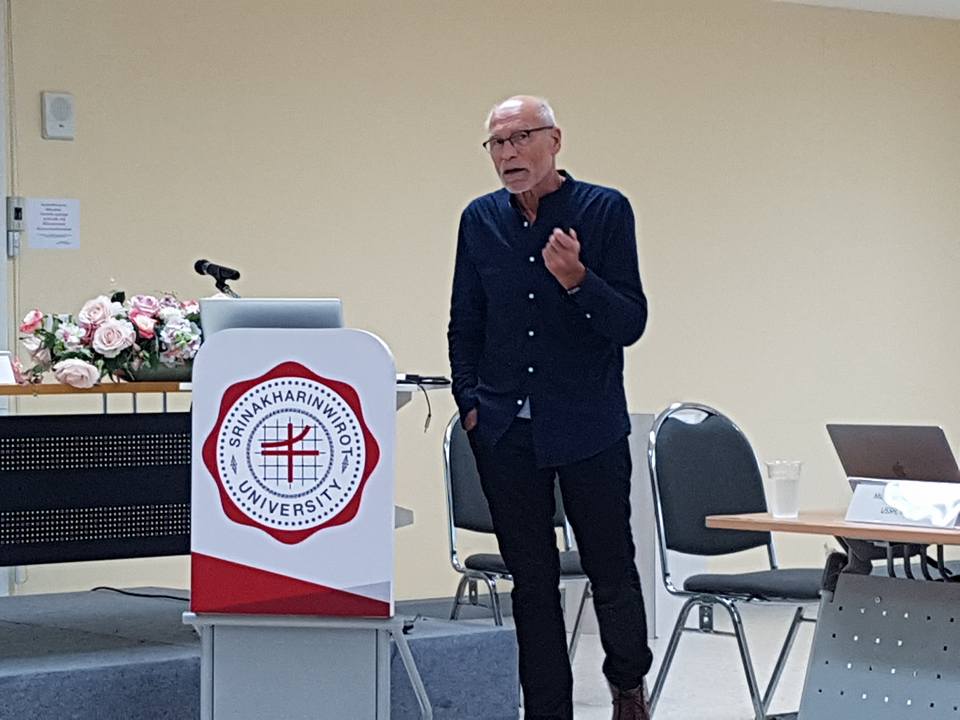
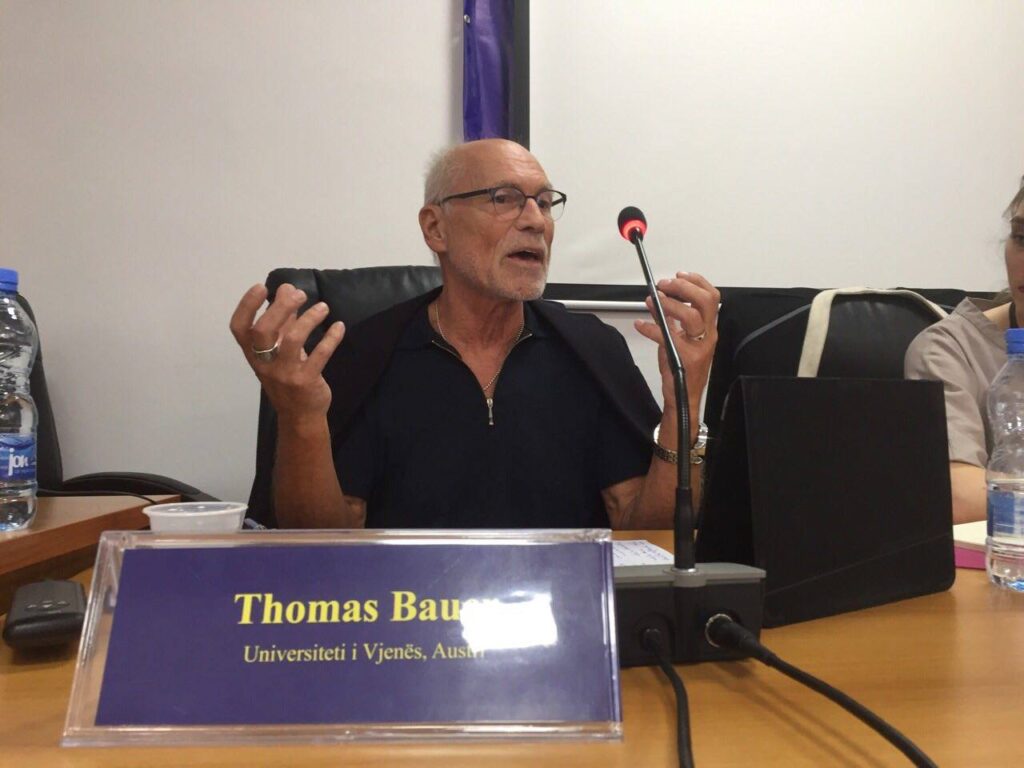
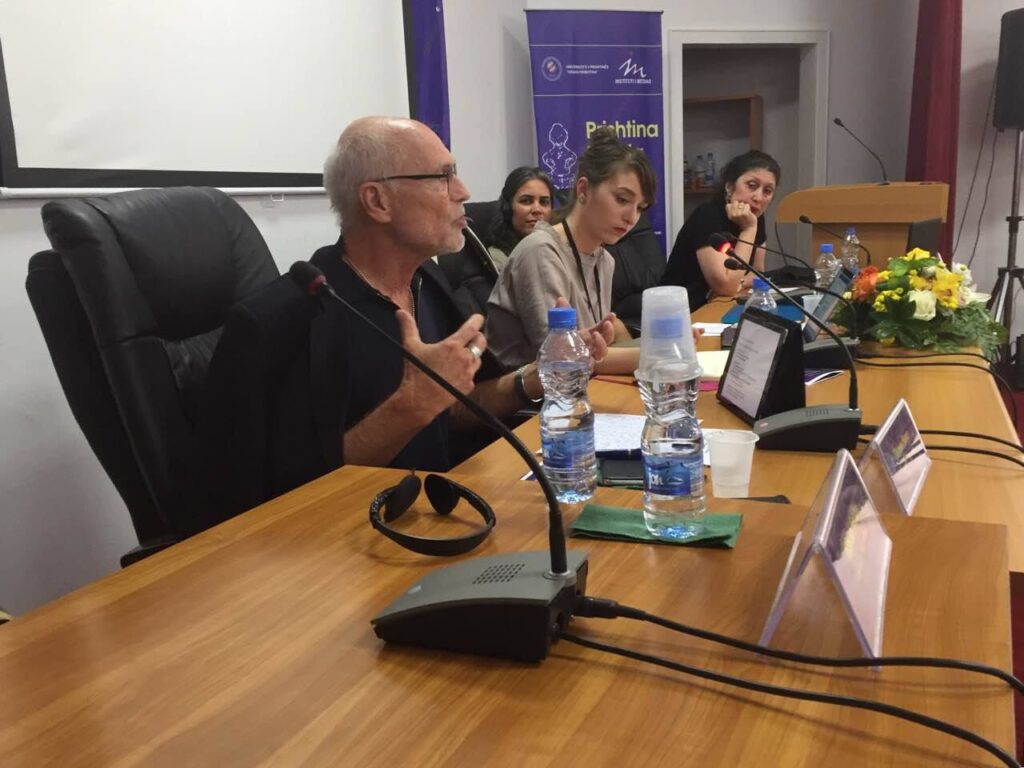
You are a lot international active as professor.
Next to that I always was interested to internationalize the teaching and the research act the university department. So I soon did almost every seminar as much a possible in cooperation with foreign universities. That was the reason for many international activities and also engagements as a visiting professor – at the and – in four continents, among those countries especially countries in SouthEast Europe region, Turkey, Brasil, USA, China, SouthEast Asian countries, Northern Africa and Arab region.
How your coopeation with SEEMO started?
Exactly that interest and those activities soon brought me into contacts to IPI and, especially to SEEMO. Within the ambitious SEEMO programs and the tireless activities of its Secretary General, Oliver Vujovic, I had so many chances to get in contact to media professionals and media organizations in South East Europe , also to academic institutions. Thanks to that SEEMO-affiliation I could establish lots of international programs, courses, research activities in cooperation with universities in Serbia, Croatia, Slovenia, Kosovo, in Bosnia-Herzegovina, Greece,Turkey.
There were next to the SEEMO-organized conferences and seminars the idea, two special programs, born by Oliver Vujovic, which ware very meaningful for the practice orientation of the students at Vienna – but also other universities: „Descripto” and the “Media Days”.
„Descripto“ was organized as a media project, reflecting the media landscapes in Southeast Europe within a „Journal of critical Media Analyses“. Students from Vienna have been engaged as well as students, professors, lecturers and media professionals from all those countries. It was not always easy to organize all the resources needed to realize and maintaining such a project regularly 4 times a year. But By Olivers talent of funding it was possible to maintain that project quite ba couple of years.
„Media Days“ as a concept to bring together media professionals, mostly journalists, academics and students reflecting the media structures as well media cultures with focus on special countries. So we could realize Istanbul Media Days in cooperation with different universities in Istanbul, later then „Prishtina Media Days“ with University of Prishtina. I dared to copy idea later to organize similar programs, for example „Hanoi Media Days” in Vietnam.
Tell us a little about press freedom – how you see the situation today worldwide?
Experts have to say a lot of wise and practical comments to media freedom. What I think, its important, is to bound back the idea of medias freedom to the logic of sociability. Societies are somehow publicly working and publicly organized communities. The nerves of society is its communication. Off course, construction of reality is depending of distribution of power and competence. And as far communication is the way how humans get aware of what is relevant, should be relevant, and of what is real or should be reality, communication is the sphere, where truth and trust can be reached as well as they can be destroyed. Even more in public communication: So, philosophically considered, freedom is the basic model of politics and of any public or societal affairs. If there would not be the idea or the principle value of freedom, politics, public and societal affairs would be the breeding ground of totalitarian, authoritarianism and dogmatism. Where not is freedom, there is not justice und not a fair distribution of power. Freedom of opinion is the guaranty of social, cultural, and political development. That means, related to media as the sphere of political and public discourse, that media-related communication only makes sense under the condition of freedom. „Freedom is the sense of politics“ (Hannah Arendt) means twofold: Only under condition of freedom the political discourse makes sense. And: The aim of politics or political discourse is to emancipate from all structural, systemic, economic, societal or personal repressions. Obviously for both aspects an elaborated level of competence is required.
In that meaning media freedom, understood as free handling and free managing of media for a free exchange of information, knowledge or opinion is first a public value. Is a civic right. Beyond that freedom makes sense only on level of competence, means: ability, capacity, authority and responsibility.
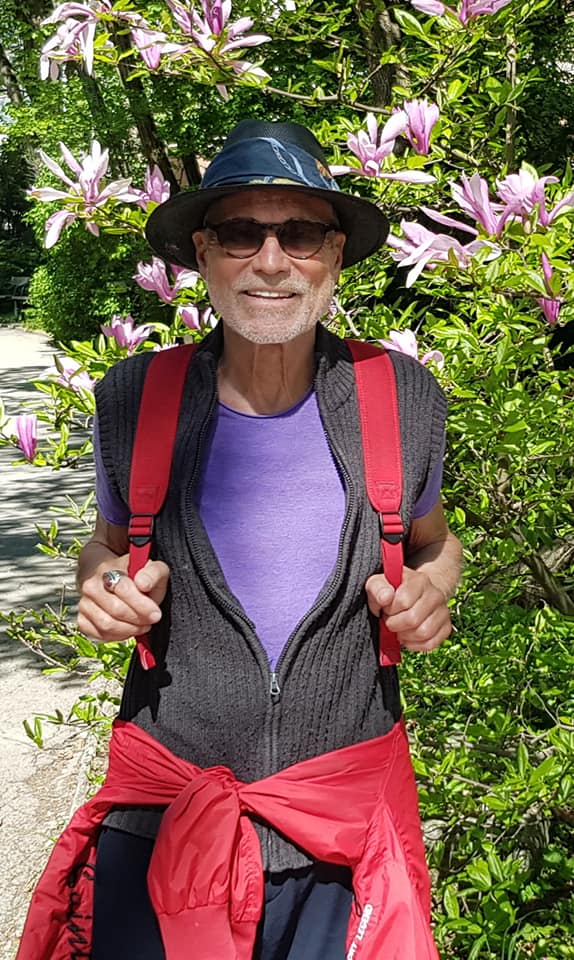
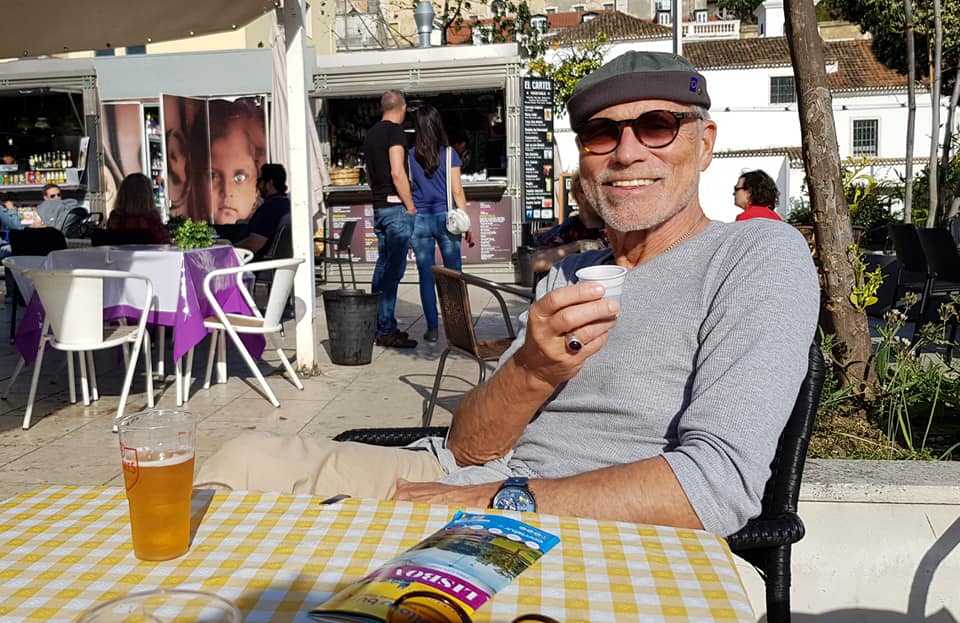
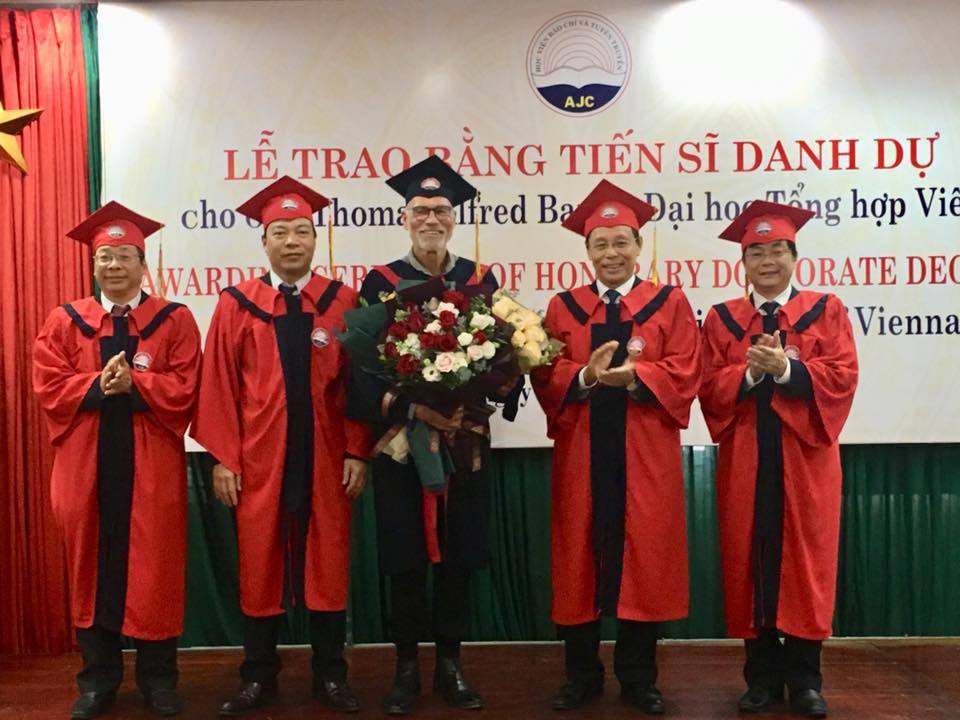
How you see the situation in South East and Central Europe, in the SEEMO region?
Since the the so called new democracies in South East Europe still are in a certain phase of the process of transition, getting off of structures and even mind settings established in and with authoritarian regimes, it needs broad educational efforts to find trust in democratic structures of media organizations or companies, which is a long-term learning process. After the repressive systems, of course, any way of doing as I want just to do was understood as the way of liberation and freedom. The component of responsibility to use freedom reasonably is a level of competence to be learned.
The uncontrolled growth of media companies and media- cooperations in South-East- European countries after the political turn-arondund has to be assessed as a first reflex, but cannot be just the exactly brilliant in the long run. Media communication, if it should reach the quality of reasonable communication, is in all systems, either within classical media order or in social media environment, a case of trust. If trust is not given by the quality and credibility of journalism or/and the media organization, then freedom of communication or for communication is just a verbiage.
Under condition of the social media and accounting all the direct or indirect effects to the classical media system media the value of freedom gets a new framing: the post-professional or post-systemic media order challenges the use of media on a personal and individual level. A new quality of public behave under conditions of privacy and a new quality of privacy or personality (authenticity, responsibility) is challenged under the condition of public privacy. What we all have to learn: in a media society, where society is the social practice in modes of media, (creating and gaining attention, statements in modes of simulation, fictions of facts and factualizing fiction and fantasy etc.) the construction of reality and the appropriation of relevance has become a general socio-cultural challenge and chance. That might be even more difficult for societies, where the principles of social trust have been misused systematically or are not yet represented enough in the institutional or social structures. But to be clear at the end of this statement: all those breakdowns of social trust are in danger in all the societies, where the democratic system turns to become political hardware (Apparatur).
